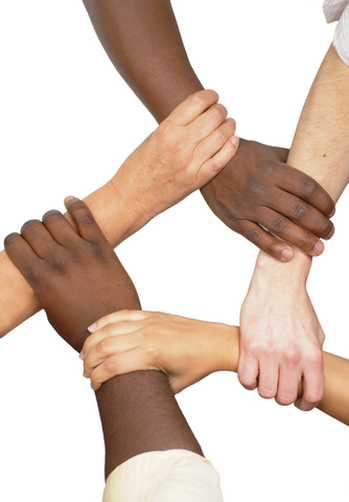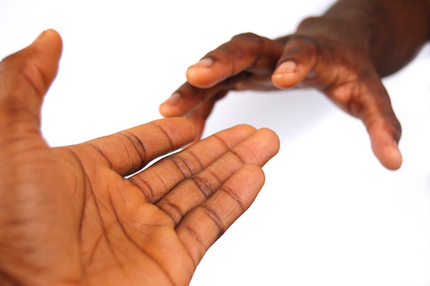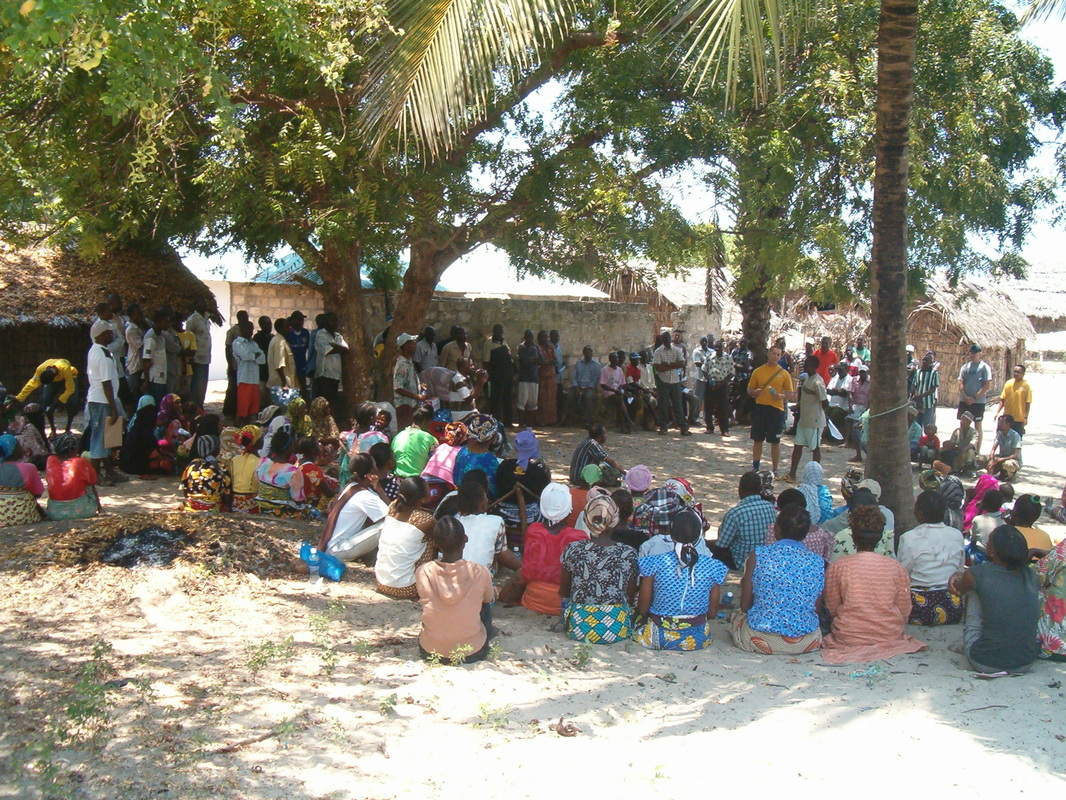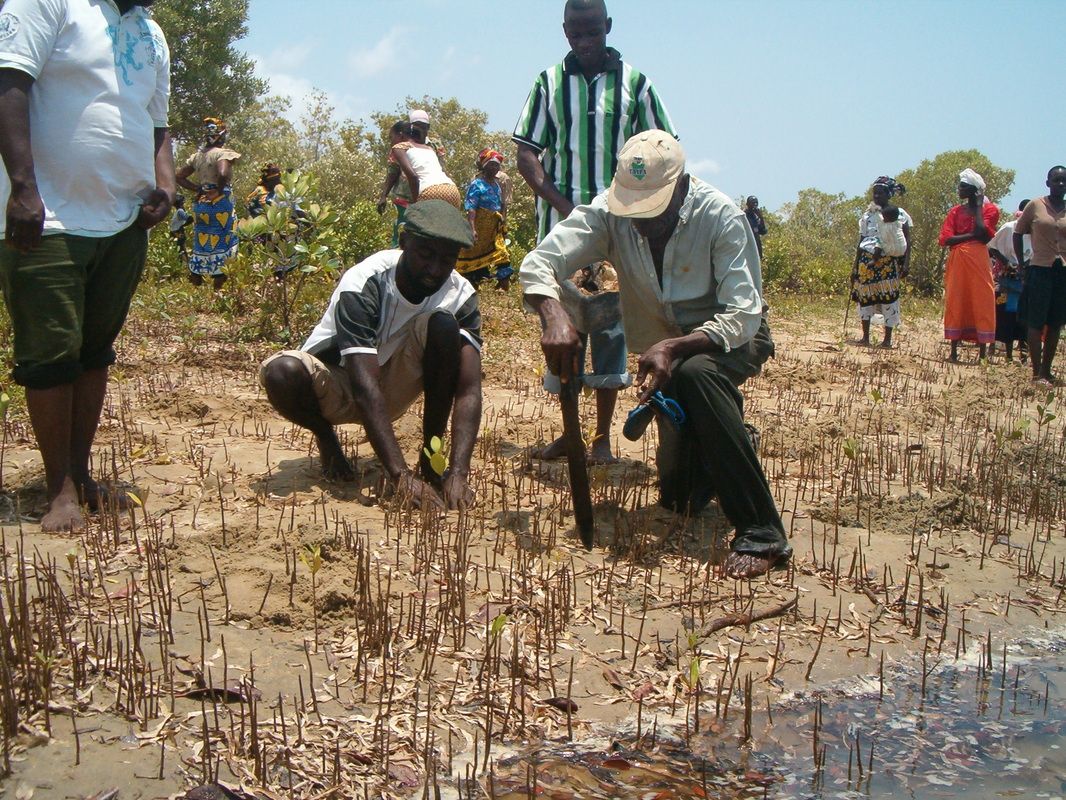Working With Local Communities (Bio-cultural diversity Conservation)
Bio-cultural Diversity
Bio-Cultural Diversity through a Maritime Cultural Exchange is as a series of cross-cultural environmental programs. These programs are focused to bring forth an educational-based cooperative to develop global conservation initiatives both between maritime institutions and coastal communities at a time when there is need for global dialogue and understanding. Bio-Cultural Diversity (BCD), a relatively a new concept, explores the science of nature and human interactions with ecological systems. Within environmental science, it examines maritime culture through adaptation, degradation, evolution, and other factors that produce unique regional specific biological, cultural, and linguistic manifestations. From a holistic and practical approach, BCD incorporates the traditional knowledge from native or indigenous cultures as inherit resources for cultural and natural exploration of regional specific co-evolution and interdependencies of landscapes, ecosystems, foodways, and languages.
The focus of this approach is to provide and promote current trends in research development, documentation, and conservation initiatives for at-risk as well as ecological astute concerned urban maritime communities and regions. Moreover, the program identifies contemporary maritime culture issues and directives for environmental and heritage management. The objectives of these programs and initiatives will be designed to equip maritime communities and local stakeholders with environmental tools and knowledge for safeguarding and implementing natural and cultural resource management that lend to local ecological restoration and capacity building.
Bio-Cultural Diversity through a Maritime Cultural Exchange is as a series of cross-cultural environmental programs. These programs are focused to bring forth an educational-based cooperative to develop global conservation initiatives both between maritime institutions and coastal communities at a time when there is need for global dialogue and understanding. Bio-Cultural Diversity (BCD), a relatively a new concept, explores the science of nature and human interactions with ecological systems. Within environmental science, it examines maritime culture through adaptation, degradation, evolution, and other factors that produce unique regional specific biological, cultural, and linguistic manifestations. From a holistic and practical approach, BCD incorporates the traditional knowledge from native or indigenous cultures as inherit resources for cultural and natural exploration of regional specific co-evolution and interdependencies of landscapes, ecosystems, foodways, and languages.
The focus of this approach is to provide and promote current trends in research development, documentation, and conservation initiatives for at-risk as well as ecological astute concerned urban maritime communities and regions. Moreover, the program identifies contemporary maritime culture issues and directives for environmental and heritage management. The objectives of these programs and initiatives will be designed to equip maritime communities and local stakeholders with environmental tools and knowledge for safeguarding and implementing natural and cultural resource management that lend to local ecological restoration and capacity building.
COMMUNITY OUTREACH
KEA will expand environmental awareness to local communities by providing workshops and seminars on current coastal/marine environmental issues. Also, KEA will host eco-tours, which will provide participants with hands-on knowledge and foster a stronger connection with their environment. These programs are centered around the principles of Bio-Cultural Diversity, in efforts to bring about a sense of global awareness of environmental issues.
In addition to providing seminars and eco-tours as a form of outreach, KEA will collaborate with existing environmental organizations, community leaders, and youth groups to promote environmental awareness and build capacity. Further, KEA will lead an organized effort to bring together key interested parties to solicit support.
In addition to providing seminars and eco-tours as a form of outreach, KEA will collaborate with existing environmental organizations, community leaders, and youth groups to promote environmental awareness and build capacity. Further, KEA will lead an organized effort to bring together key interested parties to solicit support.
Local Community OutreachIn order to promote the concept of environmental education in the local community, KEA will conduct a series of workshops and seminars developed by our staff covering topics relating to current coastal/marine ecological issues. Along with those, KEA's eco-tours will give local communities new perspective on their environment. For example, participants may go on an "Eco-Historic Tour” designed to enlighten them on the complex diversity in their local environment while incorporating important known historical information. Putting ecological concepts in a historical and/or cultural context is a great way for participants to absorb and appreciate both much better. In combining seminars with eco-tours (experiential learning), KEA hopes to bring about a greater appreciation for the environment.
Seminars and eco-tours will be presented in key coastal regions and tailored to each particular coastal community. The seminars will provide participants with an overview of their community’s environmentally relevant past, present, and future. We anticipate that outreach efforts through seminars will increase support for KEA’s student educational programs and foster environmental awareness and advocacy in the local communities. |
|
Collaboration and Capacity Building

Collaboration
KEA will work closely with educators, environmental groups, community leaders, and youth groups to publicize our work and ensure our programs are targeted and effective. Fostering relationships with such individuals and organizations will provide us with additional support and bring higher visibility to both our organization and our cause--environmental sustainability. With the added support, KEA will be able to expand its outreach programs.
KEA will also host special events for interested parties, including the central government, local municipalities, donor corporations, foundations, media, and the general public. These special events will allow our guests to review KEA’s programs and, in turn, allow us to solicit support from the government, community, and donors for promoting environmental education.
KEA will also host special events for interested parties, including the central government, local municipalities, donor corporations, foundations, media, and the general public. These special events will allow our guests to review KEA’s programs and, in turn, allow us to solicit support from the government, community, and donors for promoting environmental education.

Regional Outreach
KEA will foster regional environmental awareness by providing integrated community outreach activities that focus on environmental problems common to marine/ coastal regions. Outreach activities may include, for example, the preparation and dissemination of printed educational materials and educational videos. Community theater productions can be an effective way to foster awareness, too. This strategy will help in the development of commitment to sustainability, stewardship, and environmental protection.




